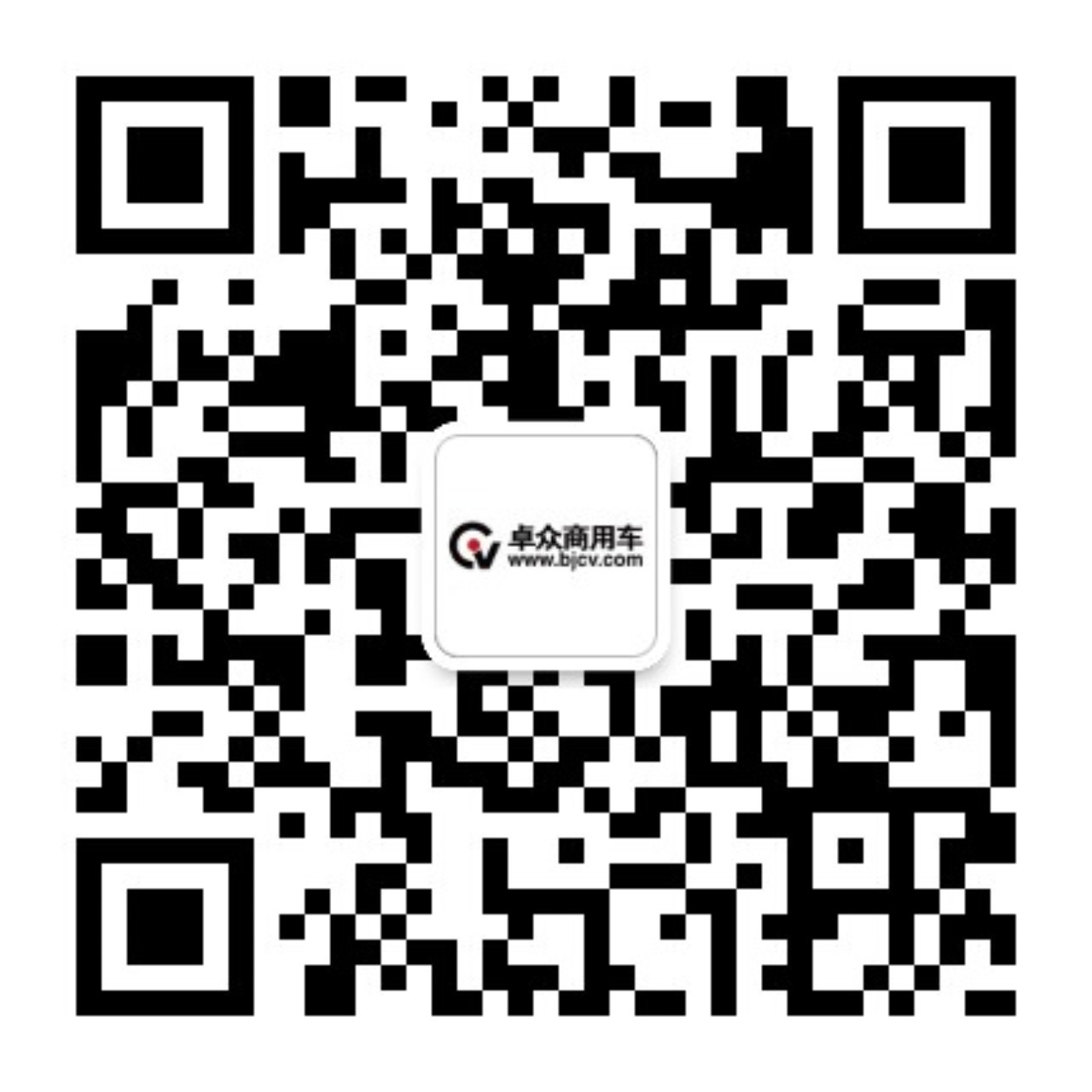Bosch, a leading global supplier of technology and services, is showcasing its latest innovative and Chinese market tailored mobility solutions for electrification, automation, connectivity and personalization at the 2019 Shanghai International Automobile Industry Exhibition.

Bosch’s Mobility Solutions business generated 81.7 billion CNY in sales in 2018, a year-on-year growth rate of 2.9%¹. “In recent years, with the strong growth of the NEV market in China, and the penetration of the internet into the field of automobiles and transportation, the local market is undoubtedly taking a leading role in the global trends of electrification, automation, connectivity and personalization in the auto industry,” said Dr. Markus Heyn, member of the board of management of Robert Bosch GmbH. “As Bosch celebrates our 110th year serving the China market, we are marking a debut in China at this year’s Auto Shanghai: the unveiling of the IoT shuttle, which demonstrates Bosch’s solutions for the electrified, automated, connected and personalized mobility. This will play into our vision of mobility that is as emissions-free, accident-free, and exciting as possible. It also represents Bosch’s plan to shape future mobility and build an ecosystem for mobility services.”
Note ¹ Due to exchange rate, sales revenue of Bosch Mobility Solutions in China reached 10.5 million in terms of euros, and increased by 1% in 2018. The year-on-year growth calculation uses adjusted 2017 sales revenue without Starters and Generators business unit for apple-to-apple comparison.
Bosch's NEV sales revenue more than doubles on broadening China product portfolio
Bosch regards China as its key strategic market for electromobility, and already has a leading position. Consequently, the launch of mass production of several important electrification technologies take place here. Last year, Bosch’s revenue in NEV-related sectors more than doubled compared to 2017, as customers choose offerings from Bosch’s increasingly broad product portfolio, which ranges from two-wheelers to four-wheelers, and from plug-in hybrids to electric cars. At the end of last year, Bosch has realized mass production of 48 volt battery in Wuxi. Later this year, Bosch will also start production of the e-axle, an especially compact powertrain solution for electric cars in China. A smaller-sized 700V motor for light commercial vehicles was also debuted during the exhibition. Meanwhile, Bosch has developed a series of key components and systems for fuel cell technology. In addition, key components like pumps, valves and engine cooling fans in thermal management system have been widely utilized, greatly enhancing efficiency.

With these electrification solutions, Bosch has earned the trust of a growing number of local Chinese automakers and partners. Bosch will continuously deepen its “local for local” strategy to enhance local competence and competitiveness as it strives to further develop NEV-related sectors. In pursuit of this goal, Bosch has continued its commitment and investment in China market, such as the construction of its thermal management system lab in Changsha, which will develop the key components of the thermal management system for NEVs. In addition, a new fuel cell R&D center in Wuxi is set to be established and will mainly be responsible for developing key components used in fuel cells.
Bosch seeks Chinese partners to shape new ecosystem for mobility services
The rapid development of China’s mobile internet and the highly receptive attitude of users to new technology has laid a solid foundation for developing connected mobility services. It is estimated that the market for connected mobility services in China is expected to grow from 600 million USD in 2017 to 39.5 billion USD in 2030. (Source: PwC)

Bosch is constantly striving to push the boundaries of future intelligent and connected mobility, which, besides providing real-time connections between vehicles, users, and the internet, also offers connected and personalized mobility services that are close to consumers. These include vehicle reservations, firmware-update over-the-air, remote calibration, cloud diagnostics, automated valet parking, fleet management and predictive diagnostics services. With Chinese government’s efforts to promote ICV (intelligent connected vehicles), Bosch’s newly established Connected Mobility Solutions division has forged close collaborative ties with partners in different fields over the past year, including internet companies and communication service providers. To deepen the “local for local” strategy, Bosch is working with Chinese partners to jointly create a smart, seamlessly connected ecosystem. In the meanwhile, Bosch has also established a new business unit called Progressive Mobility Players on Jan. 1 of 2019 with focus on support to new progressive mobility players in the auto market.
Bosch’s ADAS-related business sees 30% growth
Automated driving is one of Bosch’s R&D priorities. As part of the move toward accident-free mobility, Bosch is blazing the trail for automated driving along dual paths. The first path is focusing on developing driver assistance functions, which will enable partially automated driving in private vehicles (automation levels 2 and 3). Bosch’s automated driving team in China continues to cooperate actively with local partners to realize mass production of automated driving related functions. Close to 40 models of local auto brands will be equipped with Bosch’s L2-level Advanced Driving Assistant System (ADAS) in 2019. Compared to 2017, Bosch’s ADAS business in China saw 30% growth year on year in 2018. In addition, Bosch has inaugurated its first plant for its electromechanical brake booser iBooster – a key component both to electric and automated driving – in the Asia Pacific in Nanjing which launched mass production in this April.

The other path will lead to automated driving starting from the beginning of the next decade (automation levels 4 and 5). While ensuring reliability of automated driving system, Bosch is also leading the technological transformation of sensors. The Chinese government’s support of V2X smart infrastructure and soon-to-be rolled out 5G technology can facilitate the proliferation of automated driving. Meanwhile, Bosch is forging ahead with R&D into artificial intelligence (AI). The combination of sensor-related systems with AI deep learning will further enhance the safety and reliability of automated driving system.



发表评论
网友评论仅供其表达个人看法,并不代表商用汽车事业部立场。